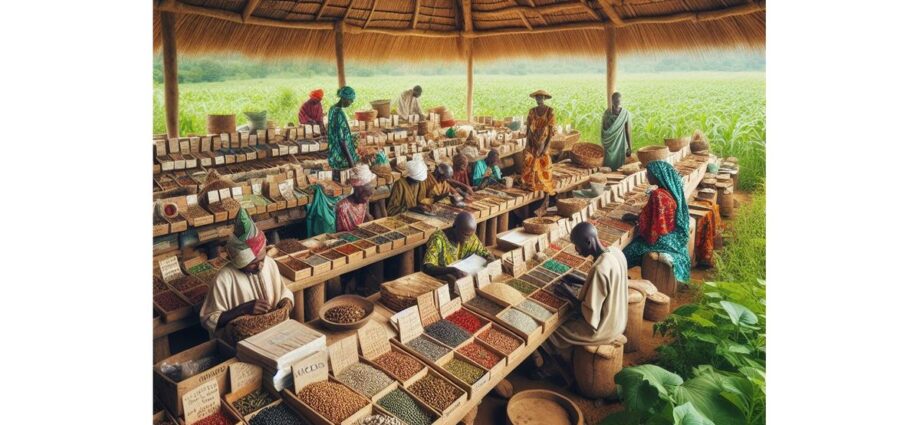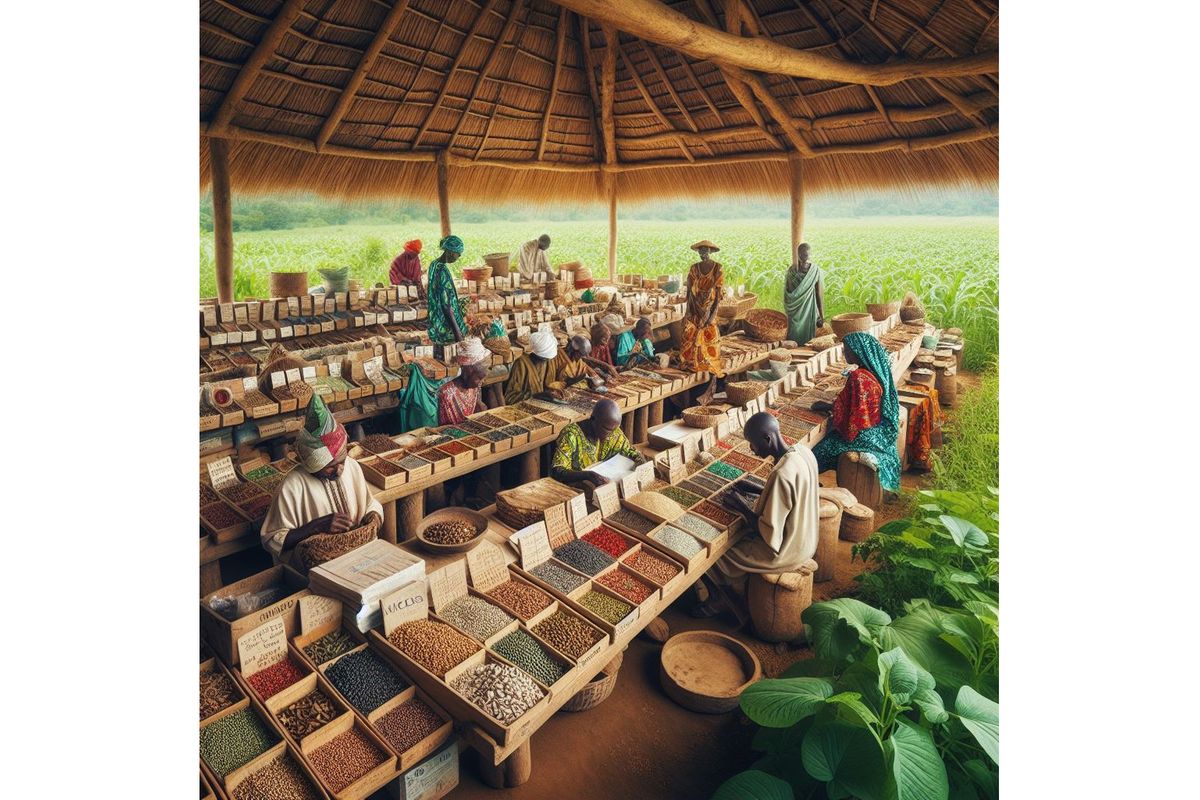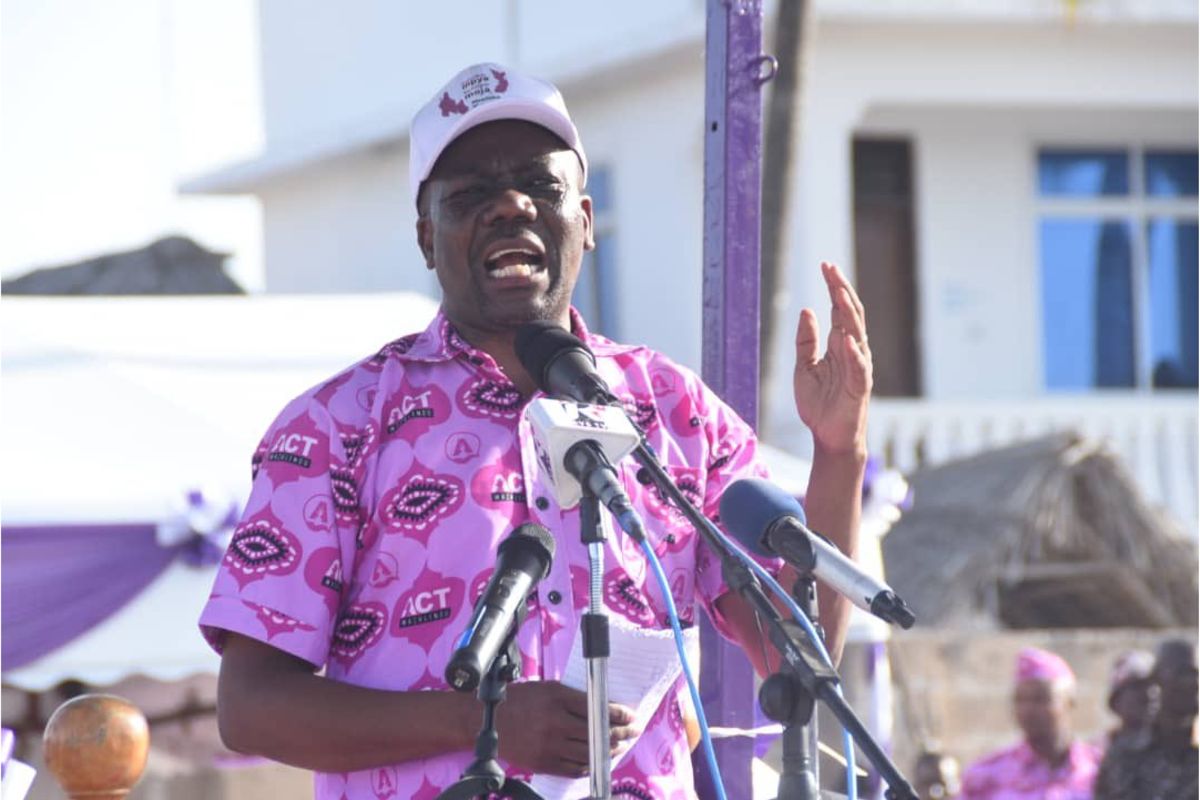Arusha. The governments of the Netherlands and China have expressed a commitment to continue cooperating with Tanzania to enhance and improve the production of indigenous seeds for vegetables and fruits in efforts to enable farmers to engage in more productive agriculture.
Ambassadors of the two countries in Tanzania expressed their commitment during the recent launch of the seed bank for indigenous vegetables and fruits at the World Vegetable Centre, located in Arusha.
The ambassador of the Netherlands to Tanzania, Wiebe De Boer, said that the cooperation between the Netherlands and Tanzania, including through institutions like the World Vegetable Centre, aims to promote the agriculture sector.
He said that besides helping farmers achieve economic independence, it has also encouraged youth to engage in horticultural farming.
Mr Chenhwa Lou, representing the Chinese Embassy, affirmed his country’s commitment to ramping up seed production while pledging ongoing support in financing and facilitating access to technology and education.
The centre’s director for East and Southern Africa Region, Dr Gabriel Rugalema, described the seed bank as a national asset that will be utilised for seed conservation, agricultural research, and education.
“Our dream has come true. We envisioned building a modern centre for seed conservation, and now we have it. This is the only seed bank in Africa that preserves vegetable seeds. It’s a national treasure,” he said.
“We’ll use the centre to store seeds, conduct research, and also to train people. It will attract many scientists worldwide to come here for studies and to observe seed systems,” he added.
The permanent secretary in the ministry of Agriculture, Mr Gerald Mweli, urged researchers and farmers to utilise the centre for learning and using the seeds produced there.
“The seeds are being preserved so that when they are needed, they will be available with the same quality. These are our indigenous seeds. As we continue to invest in agriculture, there have been concerns about losing our seeds. I want to assure you that today the seeds are being preserved with quality, and when needed, they will be available with the same quality,” he said.
He added that one of the major challenges facing the nation and the world is seed preservation, ensuring their quality, nutritional value, and viability.
“However, the centre we are launching today will have the capacity to preserve seeds for over 100 years with quality. So far, we have preserved more than 5,700 varieties, and by the end of this year, we will have preserved over 11,000 varieties,” he noted.














